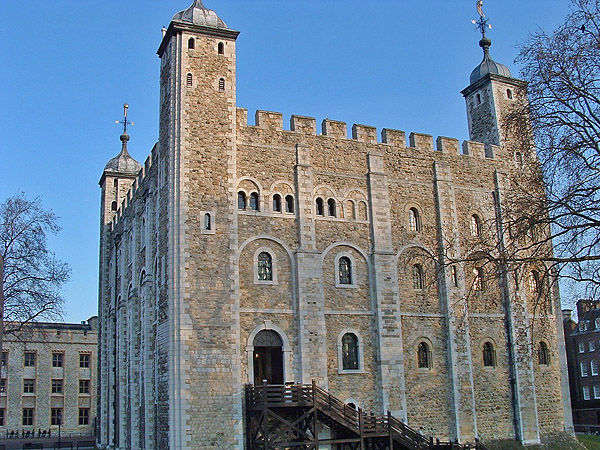The Magna Carta (Magna Carta Libertatum aka the Great Charter) of 1215 was a medieval charter that contained a series of concessions made by King John I (1199-1216) to his rebellious English barons. The failures of the Third Crusade, the expensive ransom of King Richard I, territorial losses in France and a bitter dispute with the Church provoked great unrest in the kingdom. In the Charter, John I recognized the liberties of his vassals, the clergy and the towns and swore to govern by due process of law. Although not a bill of rights, the document did formally define the rights of the barons for posterity.
You have already read a bit about the development of England and France in the previous unit on feudalism. By the thirteenth century, both kingdoms had emerged from centuries of feudal conflict, consolidated their central territories and begun to embark upon different political paths. In France, the kings would eventually concentrate political power in their hands and create an absolutist form of government. In contrast, in England a consultative form of government between the kings and the barons had begun to develop that would eventually lead to the emergence of Parliament.
In this unit of the course, you will focus on a reading and analysis of the Magna Carta, one of the most important English political documents of the Middle Ages. Please remember that the Magna Carta has often been misinterpreted; it was not a democratic document. In fact, it was a feudal document par excellence, codifying the relationship between king, nobility and church which were the basic pillars of feudal society. It put down in writing the relationship between king and noble and codified what had long been standard feudalistic practice, for example, in number 14 which called for the summoning of king and nobles to confer on important matters, especially concerning taxation.
Some recommended online lectures and websites
- Wikipedia entry (check out the suggested links and videos)
- Nick Higham, Just how important is Magna Carta 800 years on? (BBC magazine article)
- Magna Carta at the US National Archives. Also, check out the British Library's page devoted to the surviving copy of the Magna Carta.
- For extra credit please suggest to your instructor a relevant website for this unit of the course. Send the title of the site, the URL and a brief explanation why you find the information interesting and applicable to the material being studied in this unit.
